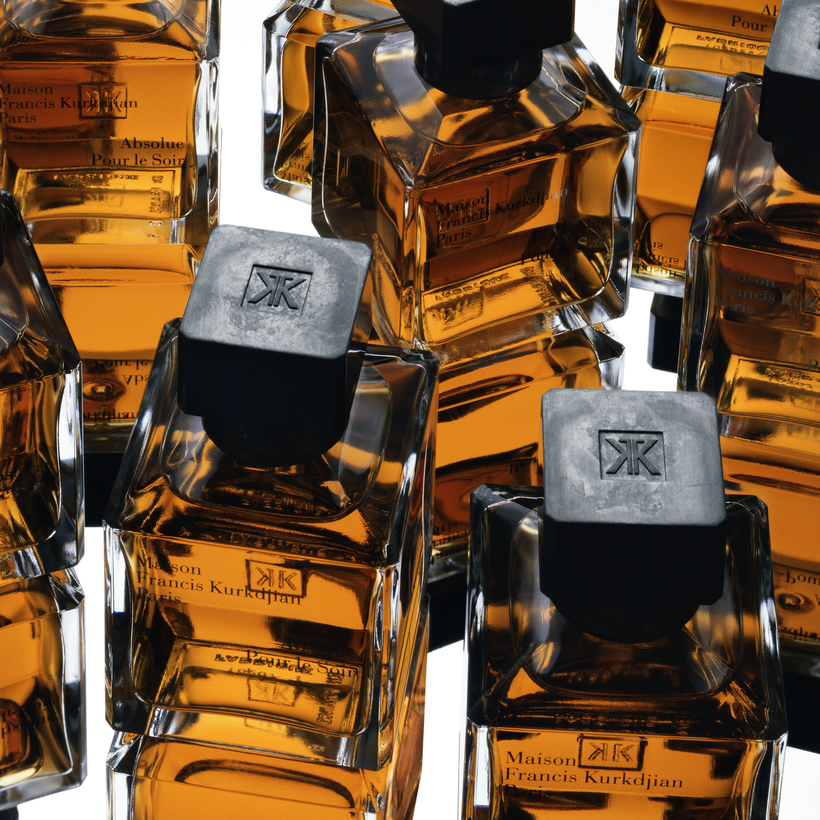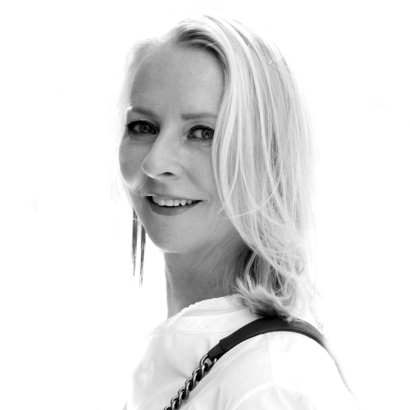The connection between the eye-watering, nose-hair-singeing odors pumped into malls in the early 2000s and the fine fragrances of Dior is approximately zero.
Unless you’re Francis Kurkdjian, the recently installed perfume creation director of Christian Dior. He admires the cloying scent bombs from Bath & Body Works, Abercrombie & Fitch, and Victoria’s Secret for building public desire and enthusiasm. So what if many stank to high heaven?


